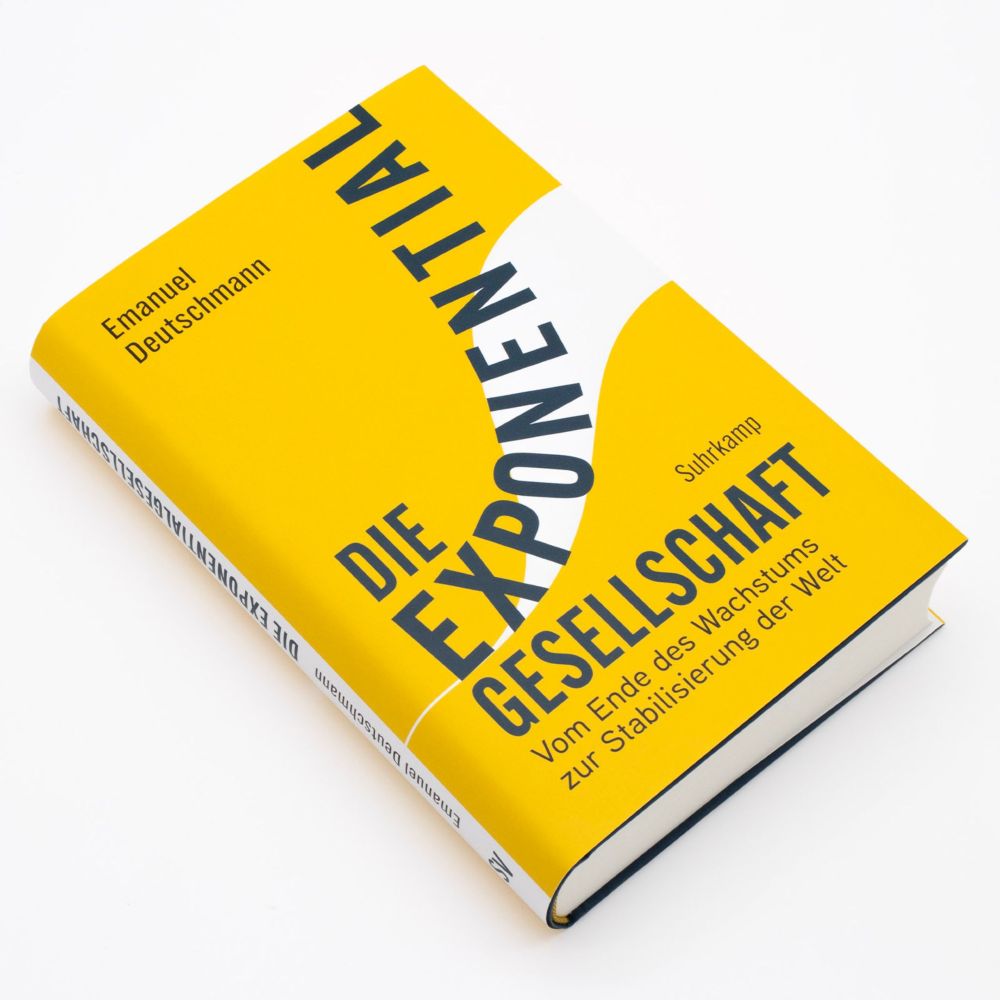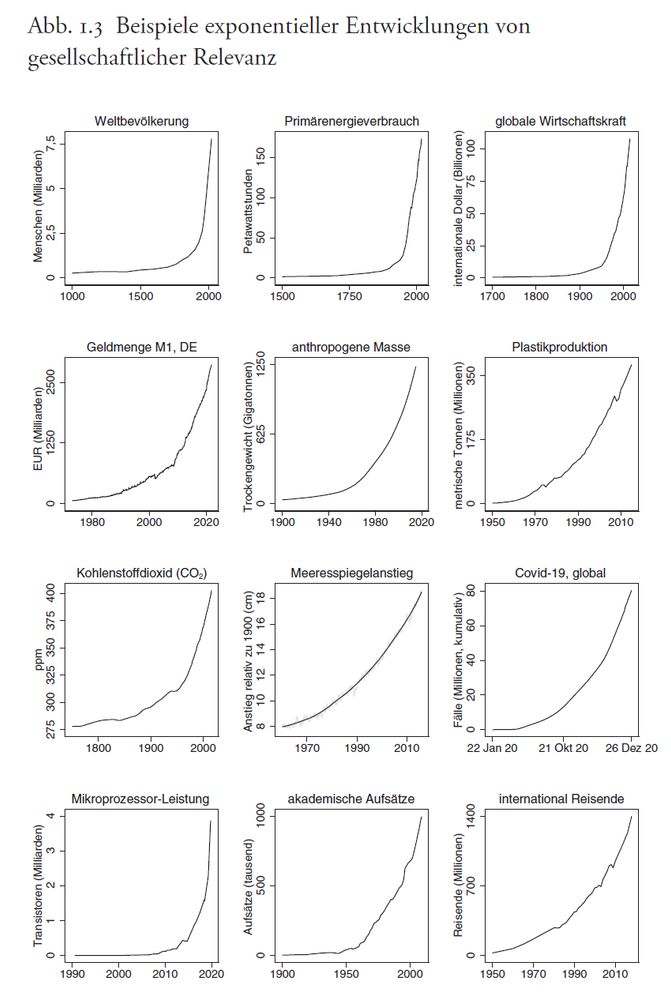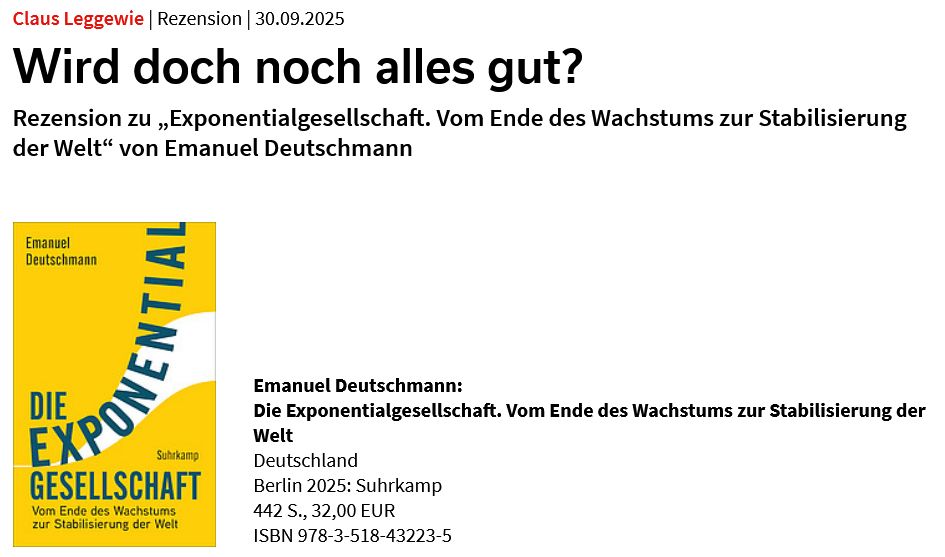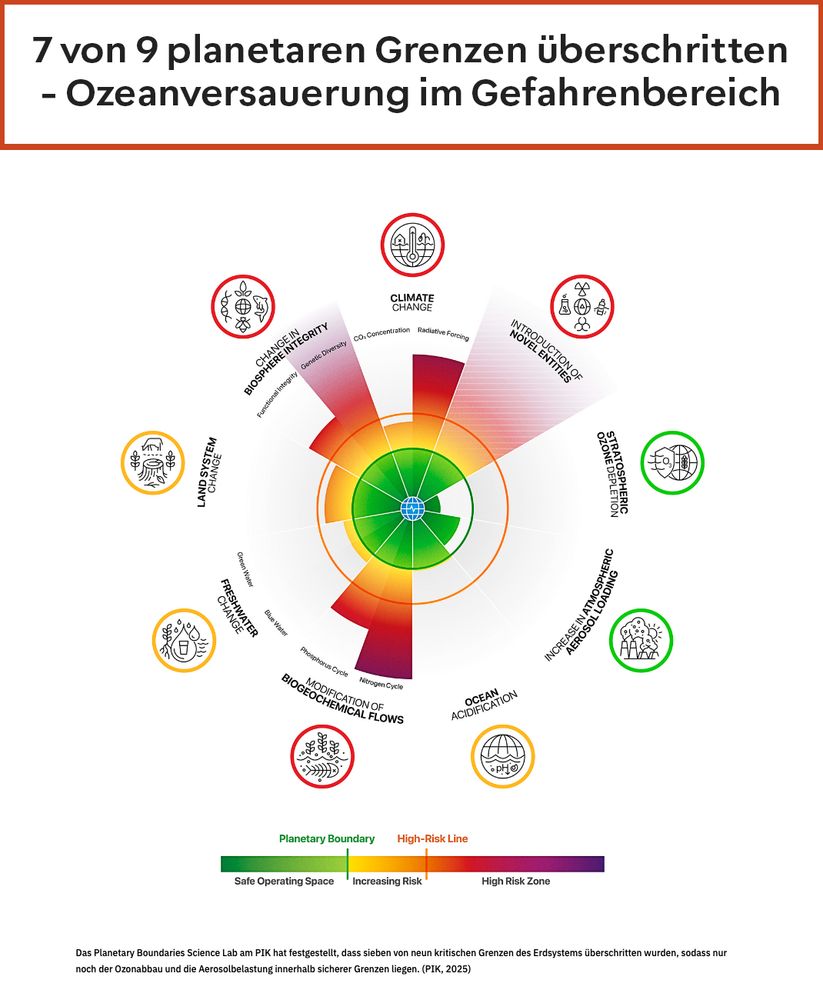Emanuel Deutschmann
@deutschmann.bsky.social
2.1K followers
2.9K following
160 posts
Assistant Professor of Sociological Theory at Europa-Universität Flensburg, author of "Mapping the Transnational World" (Princeton University Press, 2022) and "Die Exponentialgesellschaft" (Suhrkamp, 2025)
https://www.emanueldeutschmann.net
Posts
Media
Videos
Starter Packs
Pinned
Reposted by Emanuel Deutschmann
Reposted by Emanuel Deutschmann
Reposted by Emanuel Deutschmann
Reposted by Emanuel Deutschmann
Reposted by Emanuel Deutschmann
Reposted by Emanuel Deutschmann
Reposted by Emanuel Deutschmann
Reposted by Emanuel Deutschmann
Reposted by Emanuel Deutschmann
















